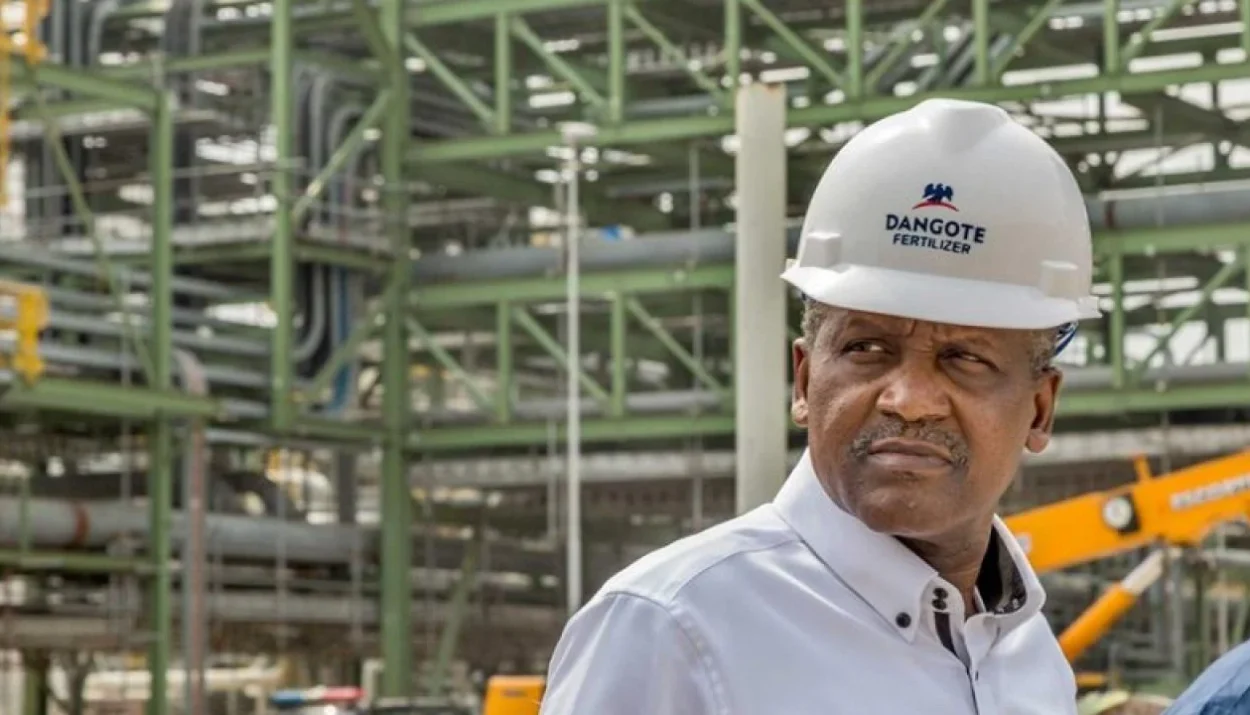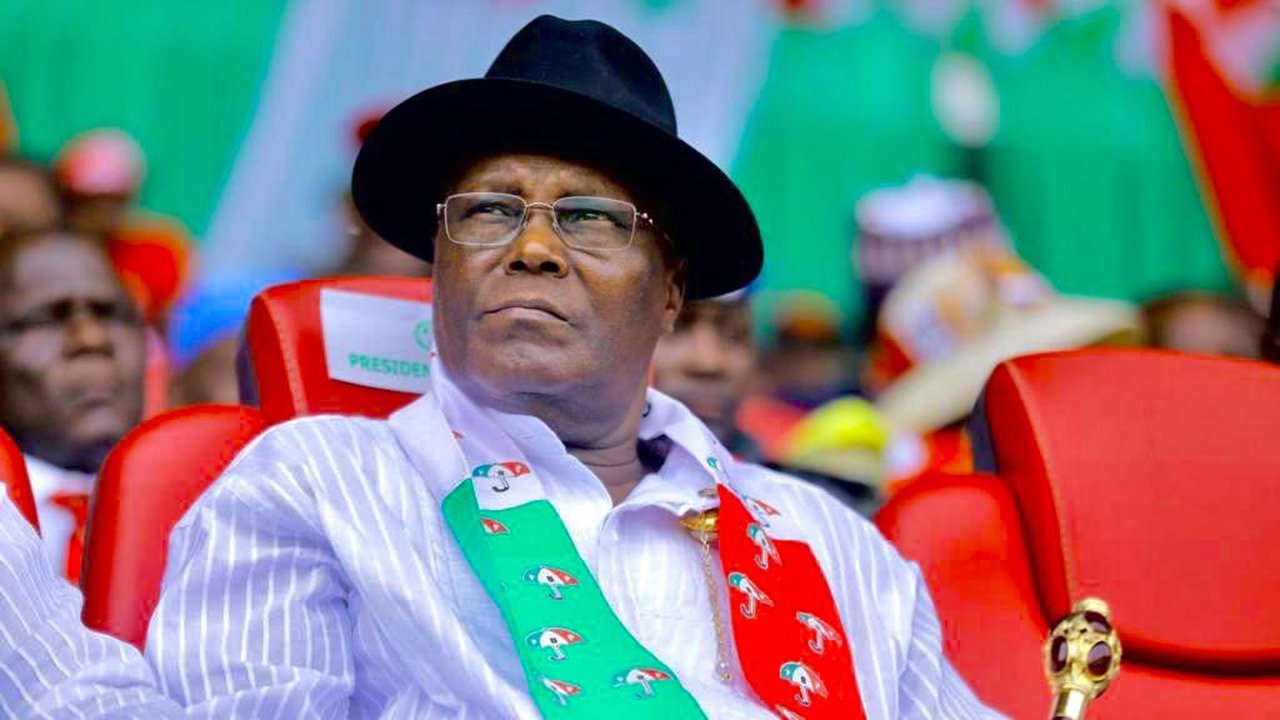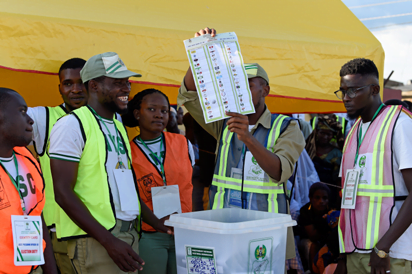As petrol from the Dangote Petrochemical Refinery is set to enter the local market in the coming weeks, petroleum marketers are worried that the product may be more expensive than anticipated. This concern arises due to the refinery’s reliance on imported crude oil, as it has been unable to secure local feedstock from international oil companies (IOCs).
The refinery, which has a capacity of 650,000 barrels per day, has been importing crude from the United States and other countries at higher costs. This has made its diesel and aviation fuel less attractive to some local marketers due to the higher prices.
Marketers fear that the cost of importing crude oil will increase the production cost of petrol, which could lead to higher ex-depot prices. Aliko Dangote, Chairman of the Dangote Group, has announced that petrol from the refinery will be available in Nigeria by the third week of July.
Petroleum marketers and Nigerians have been hopeful that the refinery would reduce the price of petrol, which surged from around N200/litre to over N600/litre after the removal of fuel subsidies by President Bola Tinubu on May 29, 2023. However, concerns have grown that the lack of local crude supply could prevent the expected price drop.
Hammed Fashola, National Vice President of the Independent Petroleum Marketers Association of Nigeria (IPMAN), expressed concerns that the refinery’s reliance on imported crude could increase petrol prices. He acknowledged the challenges faced by IOCs, who have other business commitments, in supplying crude to the Dangote refinery. Fashola urged the Federal Government to assist Dangote in securing local crude oil supplies to mitigate these issues.
Fashola also advised Dangote not to monopolize the market by raising fuel prices if he receives government support. He emphasized the need for Dangote to sell petrol at a reasonable price to prevent independent importers from entering the market.
Regarding pricing, Fashola predicted that the refinery would help close the price gap between major and independent marketers, including Nigerian National Petroleum Company Limited (NNPC) retail outlets. He anticipated a marginal price reduction if local crude becomes available.
The IPMAN boss called on the management of Dangote refinery to finalize partnership discussions with the association, highlighting that independent marketers own most of the filling stations in Nigeria.
A Dangote refinery official, who requested anonymity, revealed that Aliko Dangote had publicized the difficulties faced in securing local crude to preempt accusations of hiking fuel prices. The official explained that importing crude from the US adds significant costs, exacerbated by the high exchange rate of the dollar.
The Depot and Petroleum Products Marketers Association of Nigeria (DAPPMAN) also weighed in, stating that the price of Dangote petrol would depend on the cost of crude oil at the time of purchase. DAPPMAN Secretary Olufemi Adewole emphasized that the association would buy from Dangote once petrol sales begin.
Devakumar Edwin, Vice President of Oil and Gas at Dangote Industries Limited, recently accused IOCs of attempting to undermine the refinery by inflating crude prices and making local crude procurement difficult. He claimed that IOCs preferred to export raw materials to their home countries, creating employment and wealth abroad while keeping Nigeria dependent on imported refined products.
Despite these challenges, the Dangote refinery has been increasing diesel exports to West Africa, capturing market share from European refiners, according to traders and shipping data. The refinery’s production of lower-grade gasoil has found buyers in neighboring markets, with nearly 100,000 barrels per day exported in May.






2 Comments